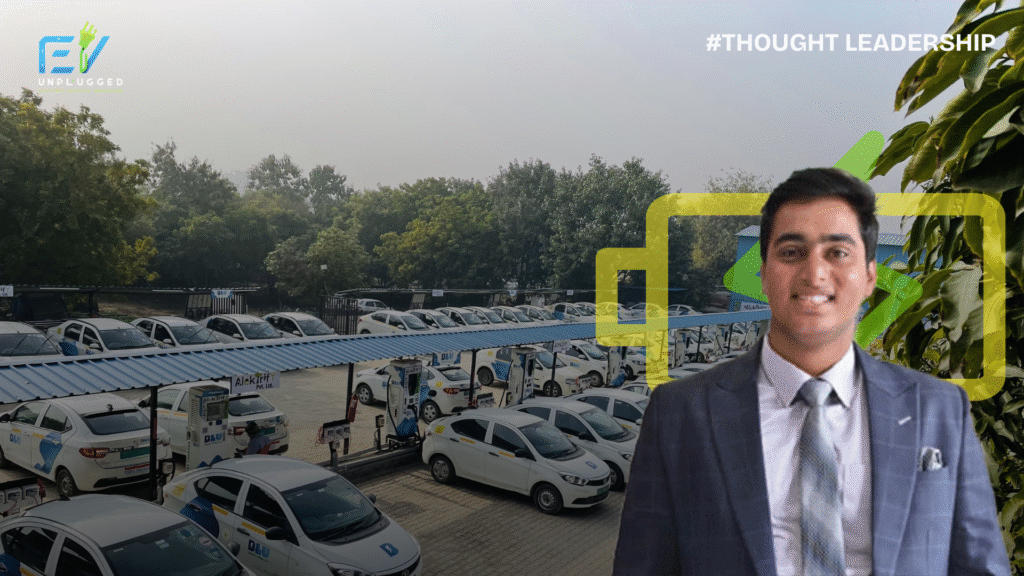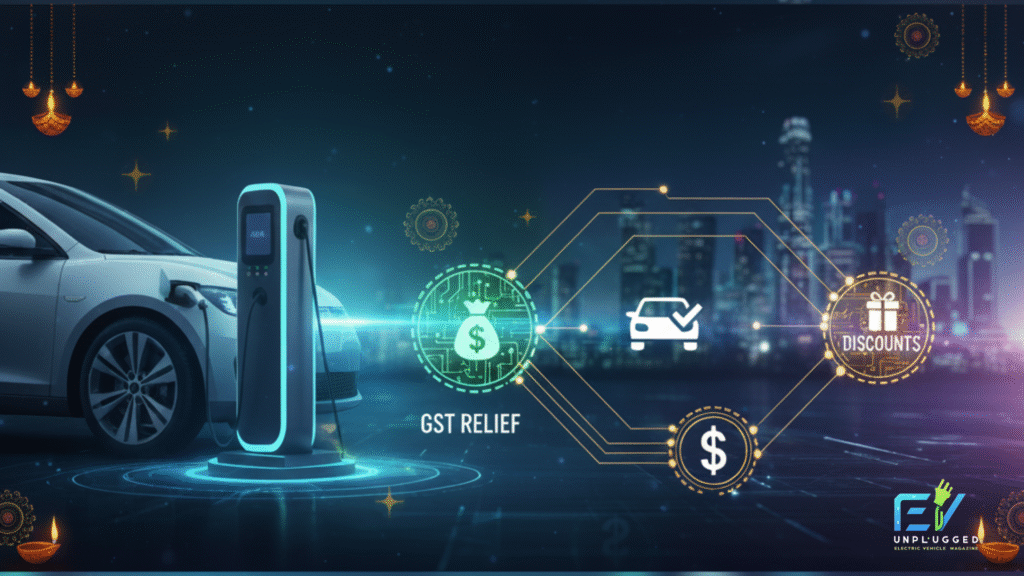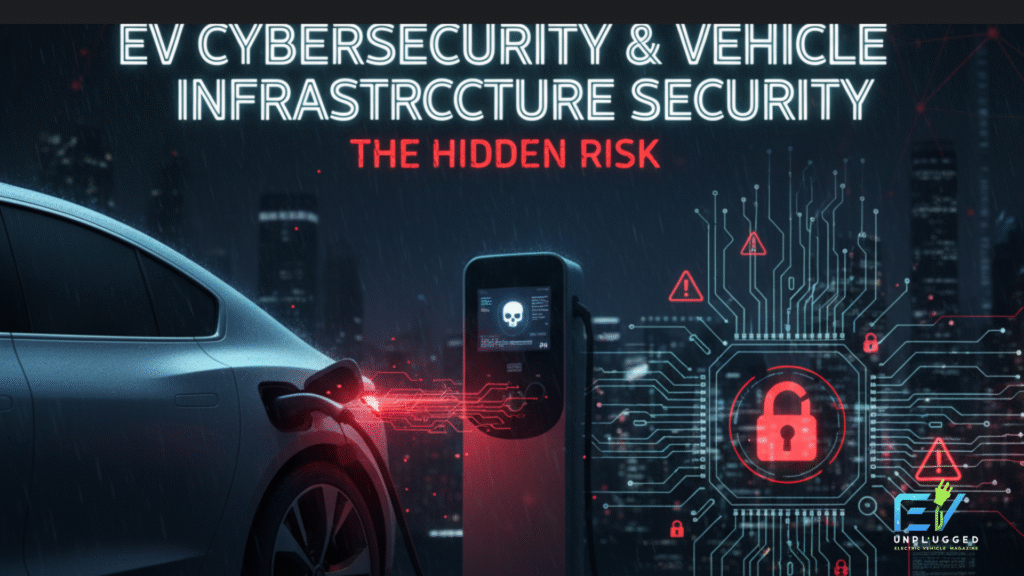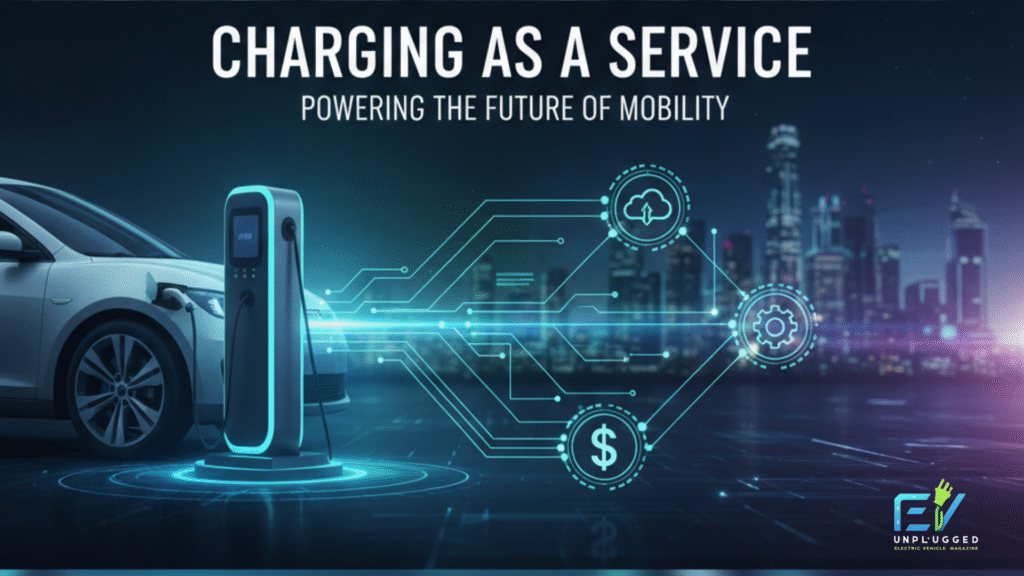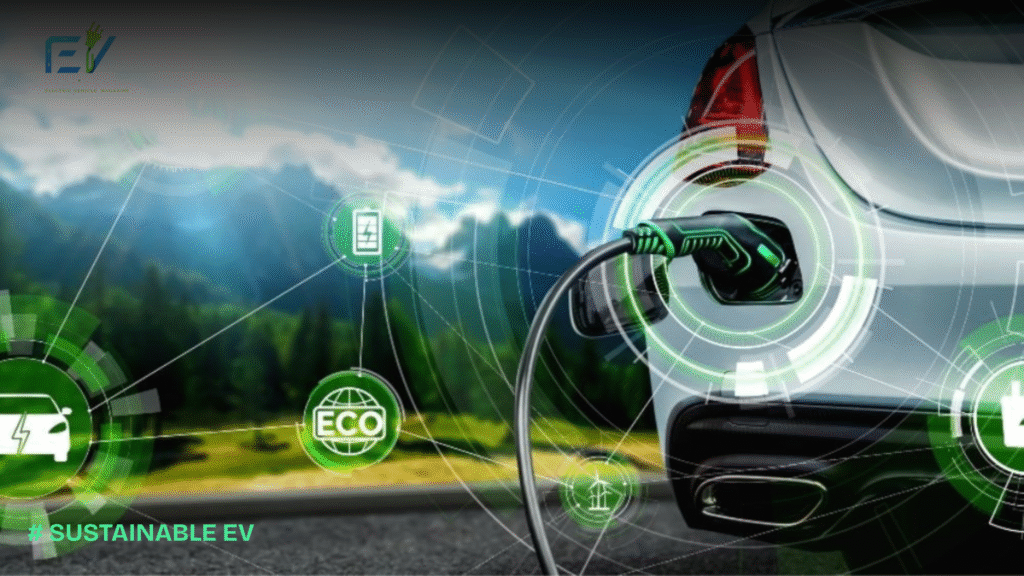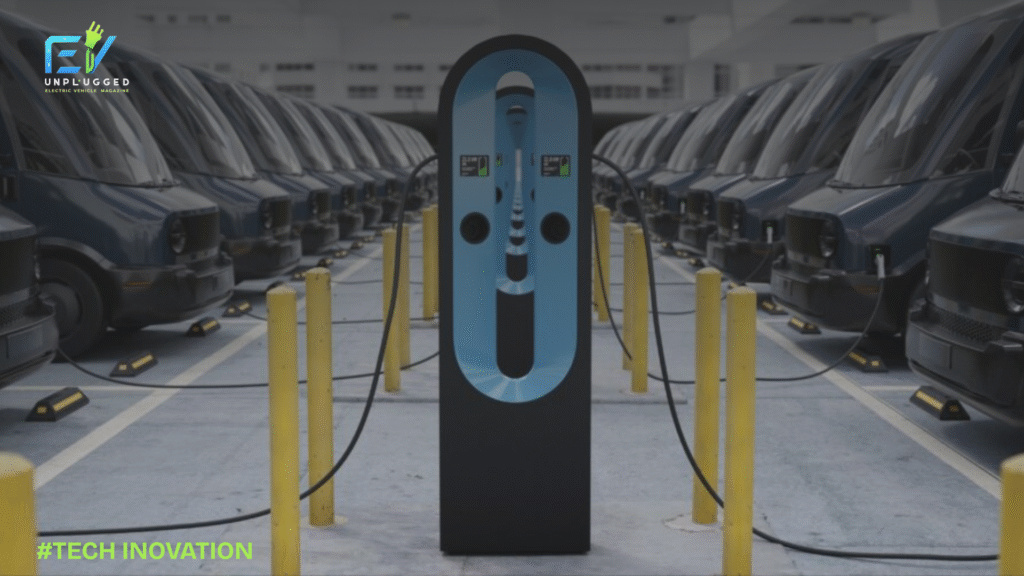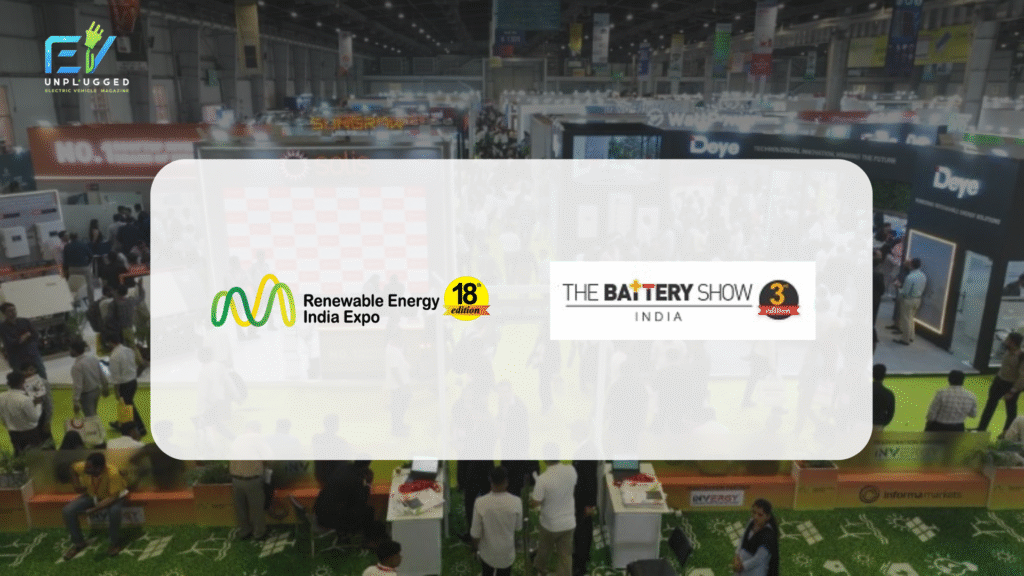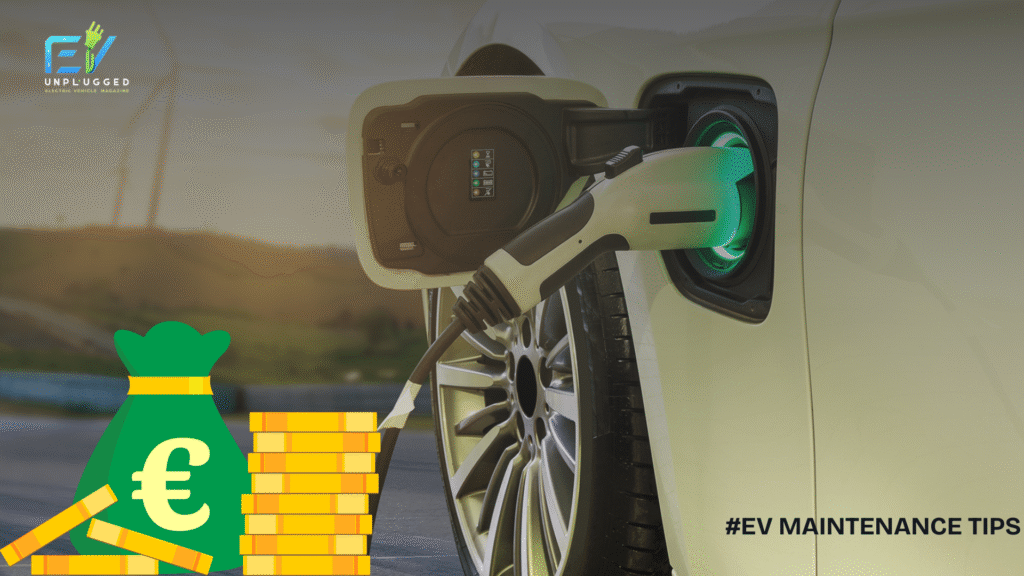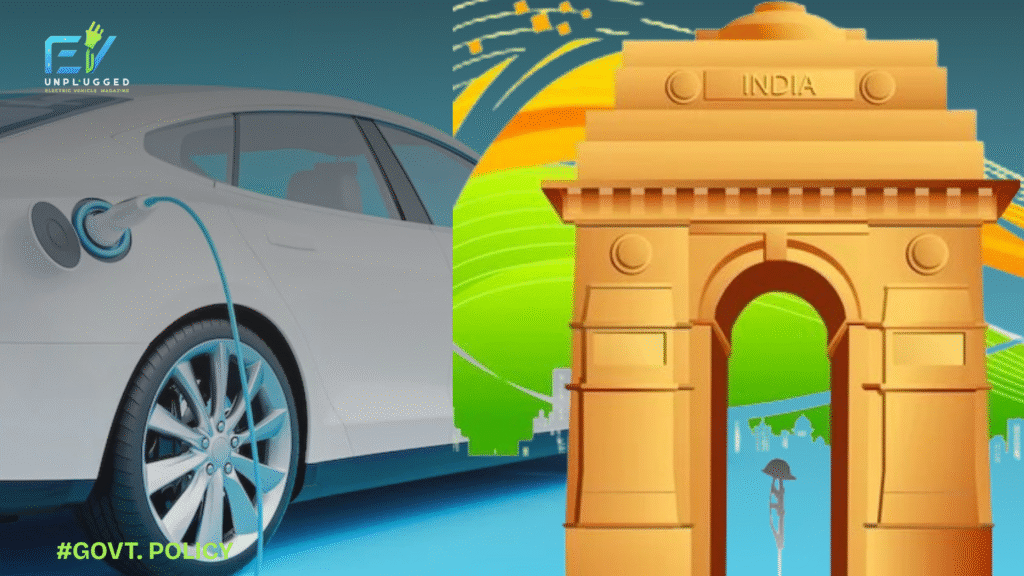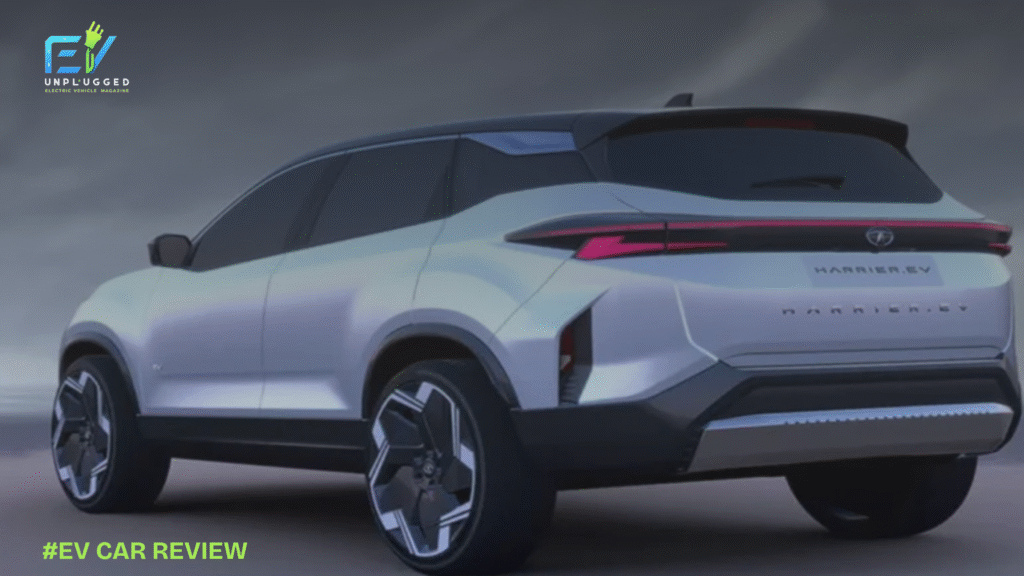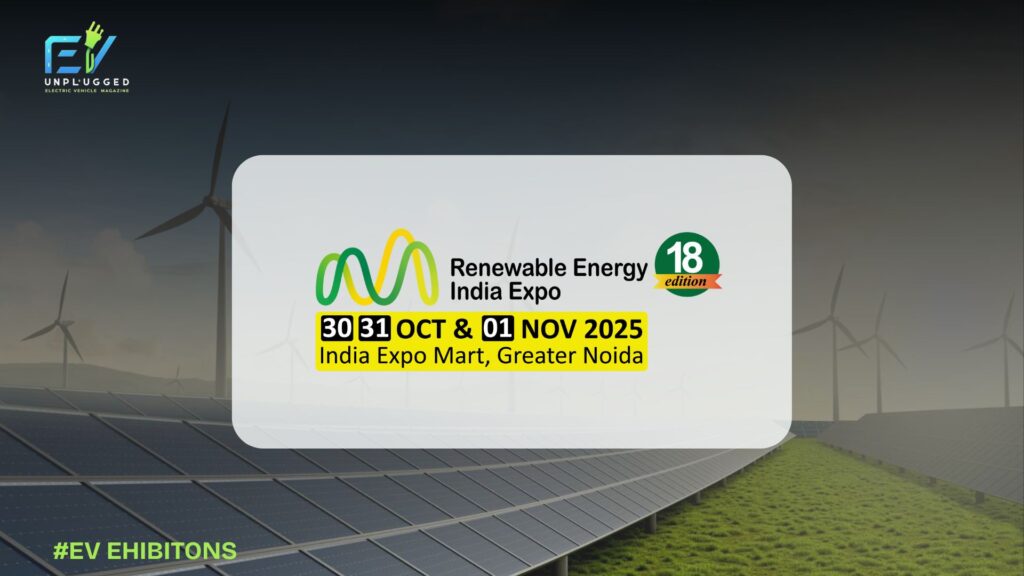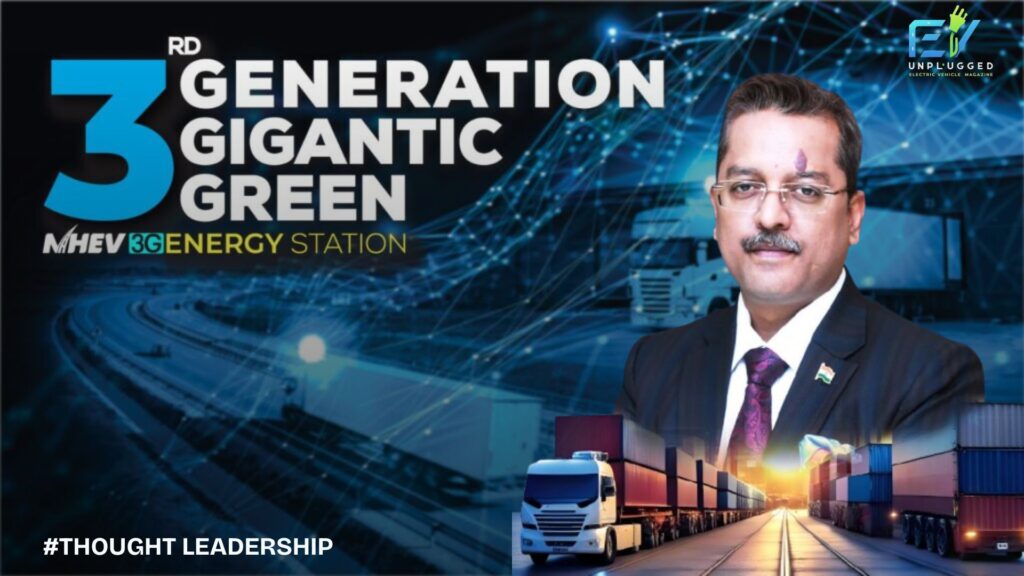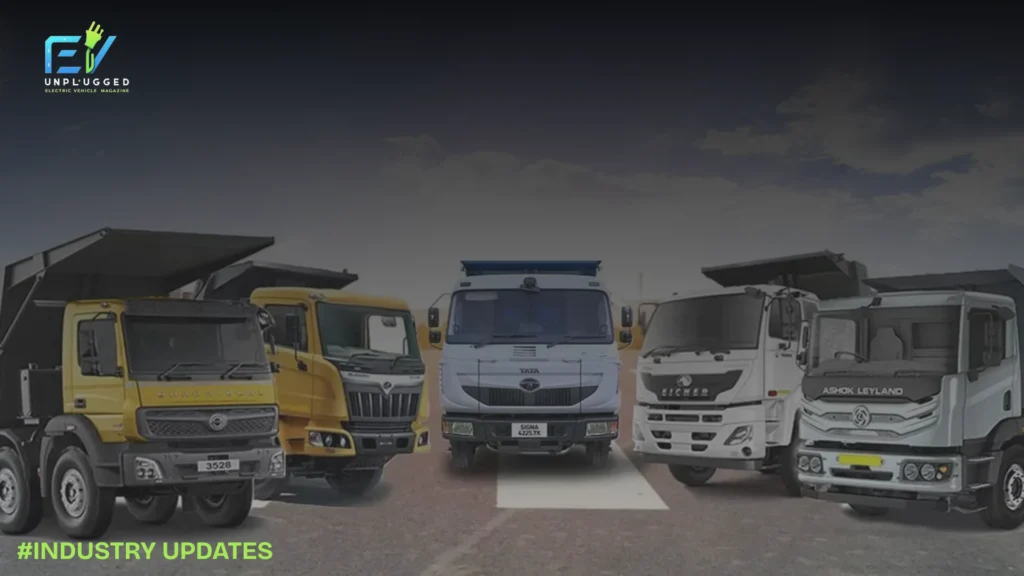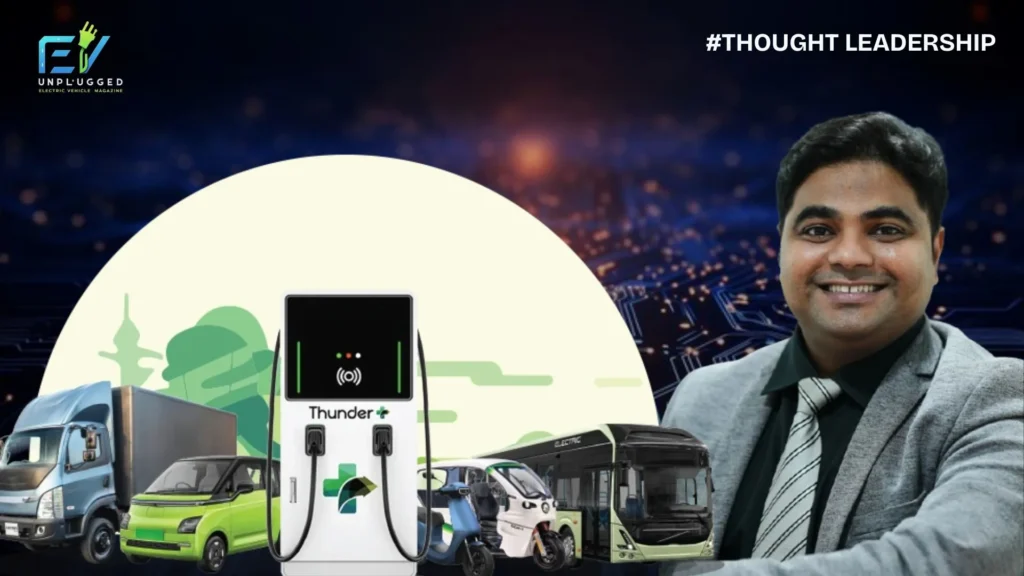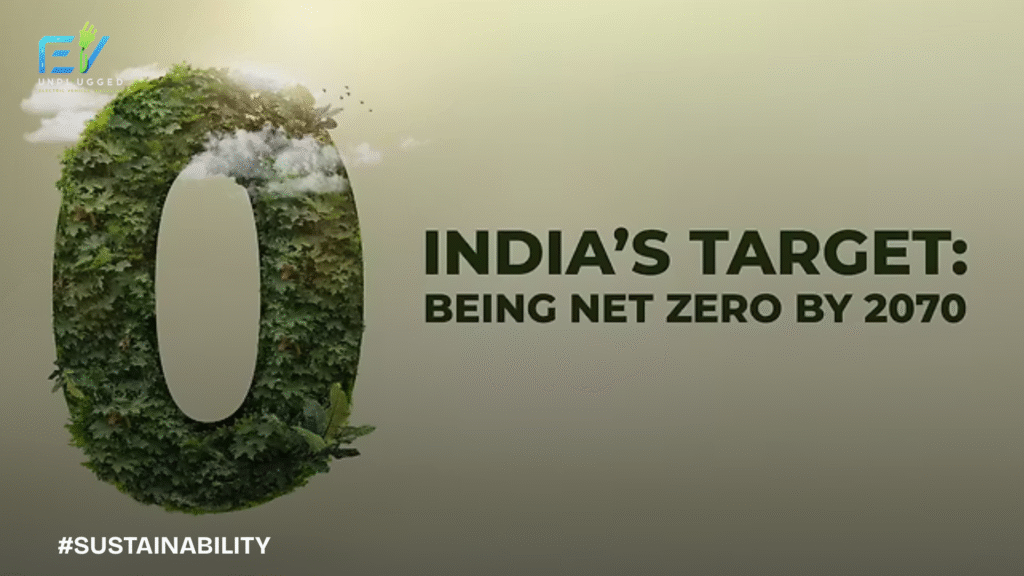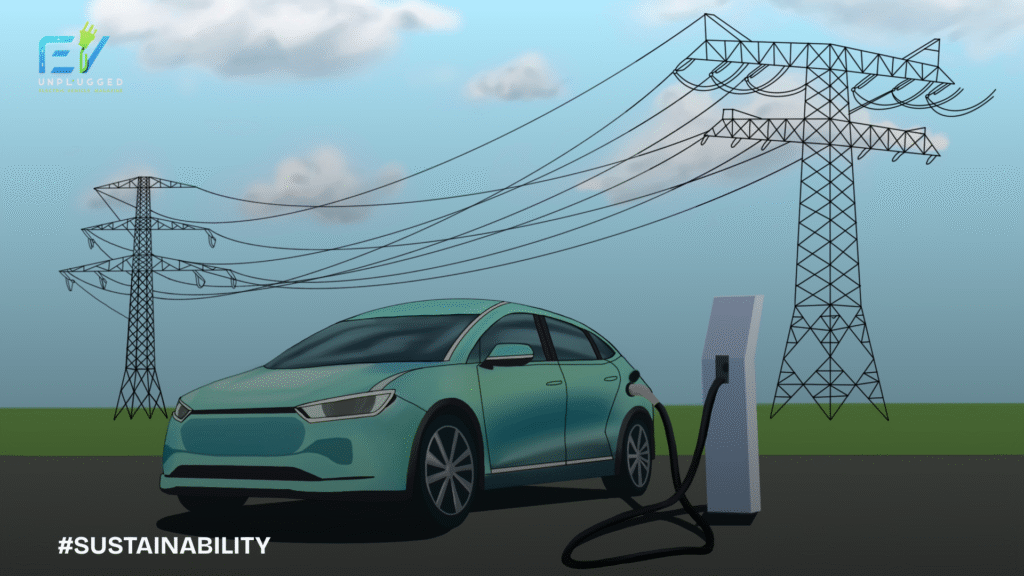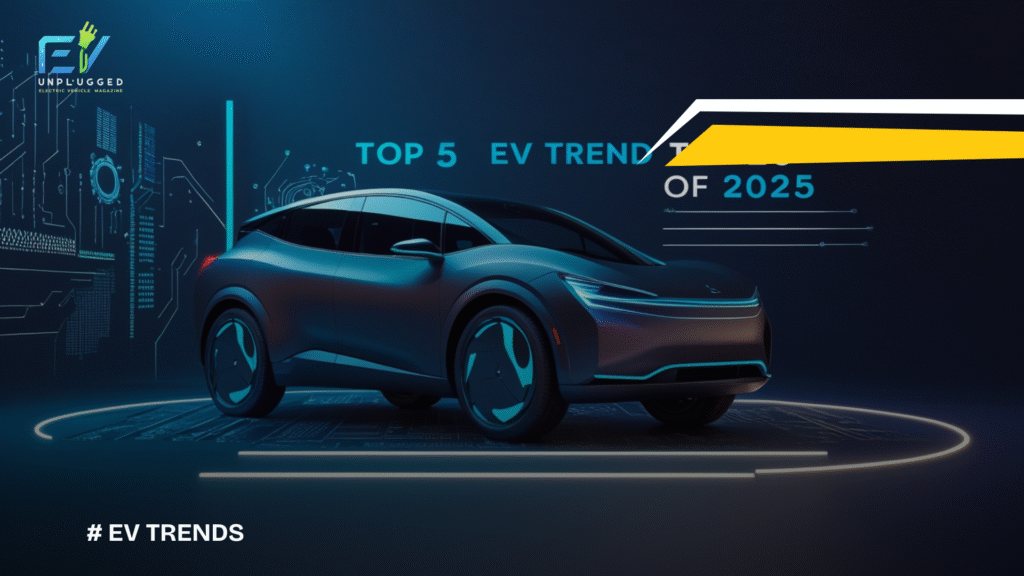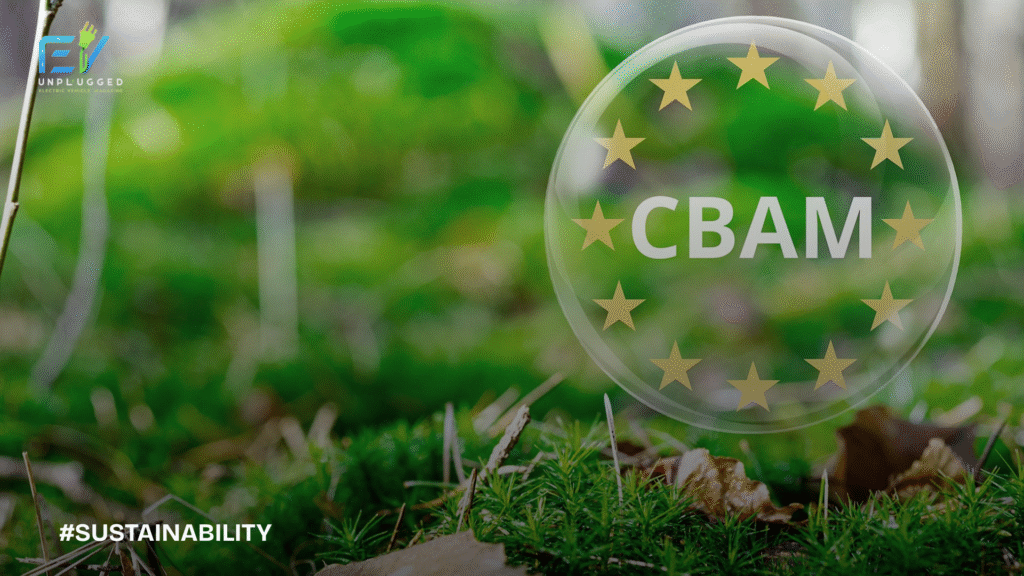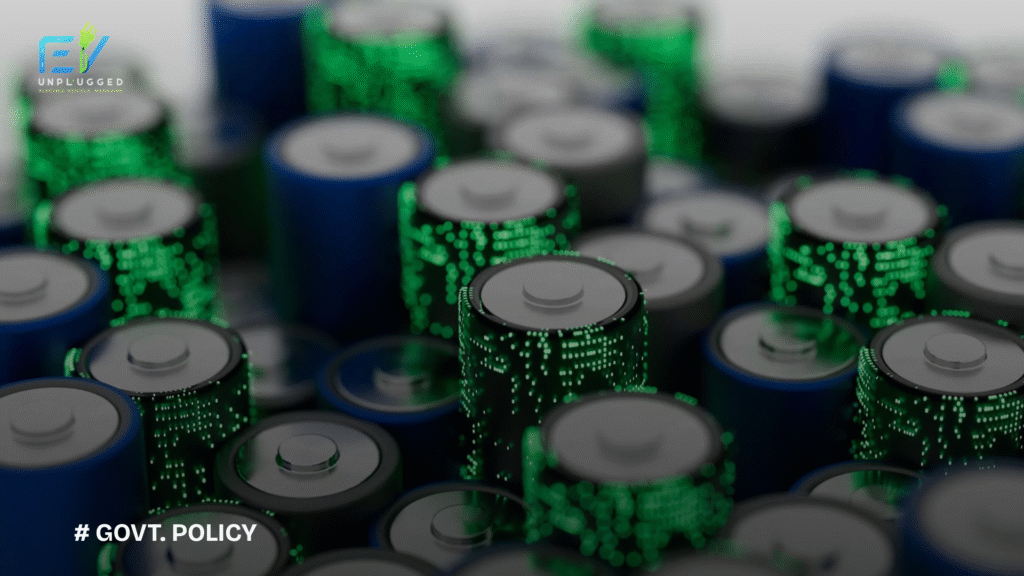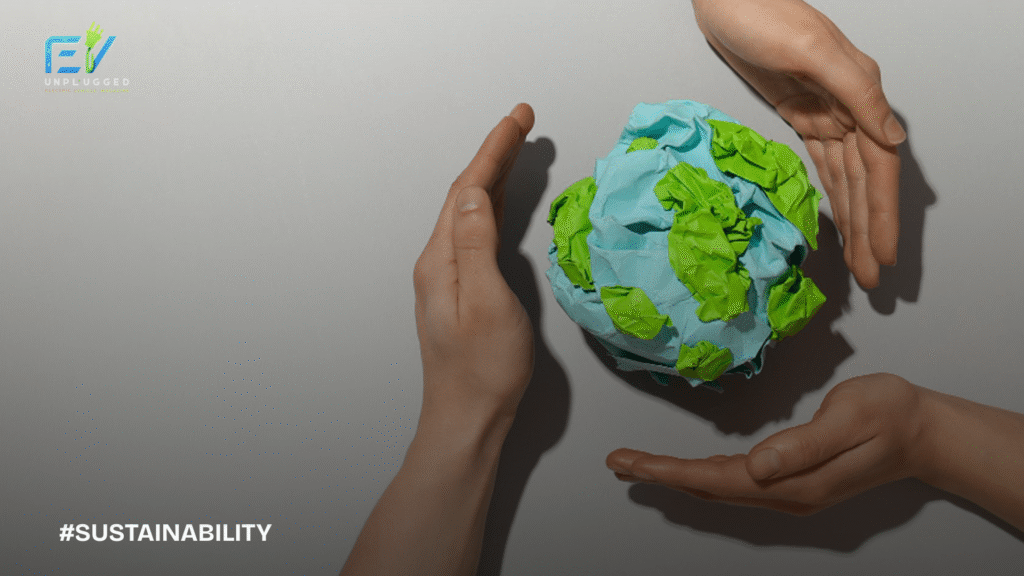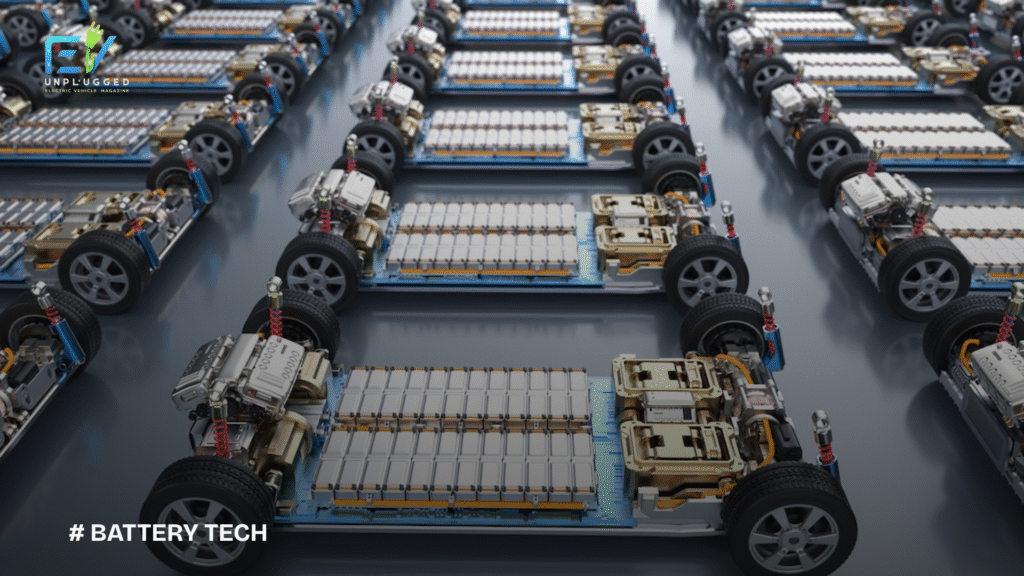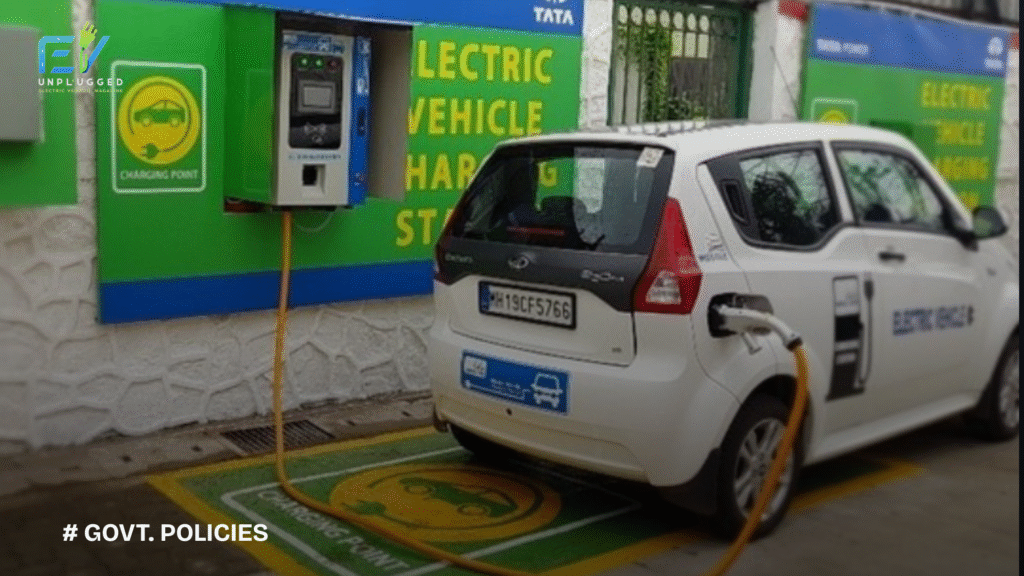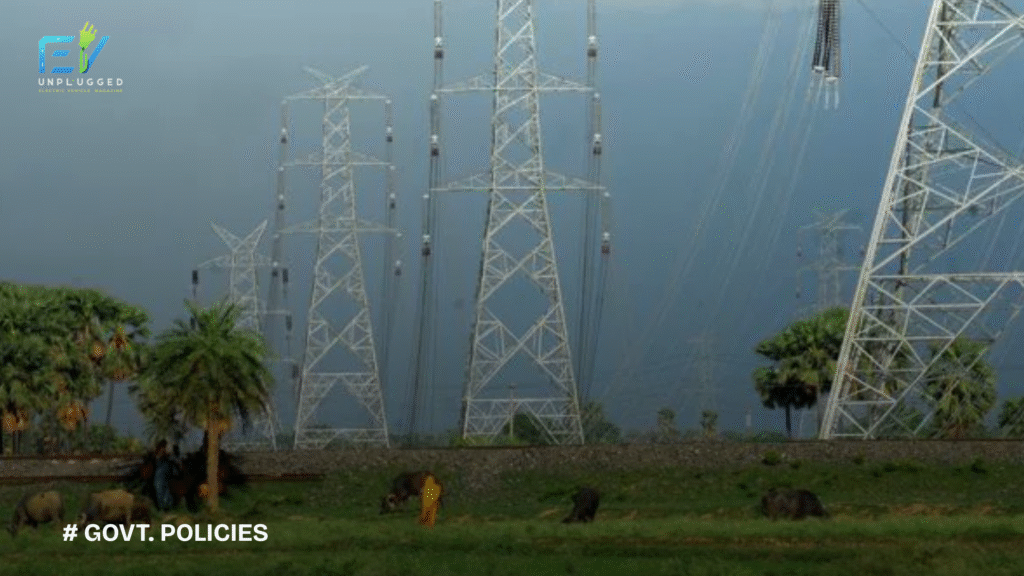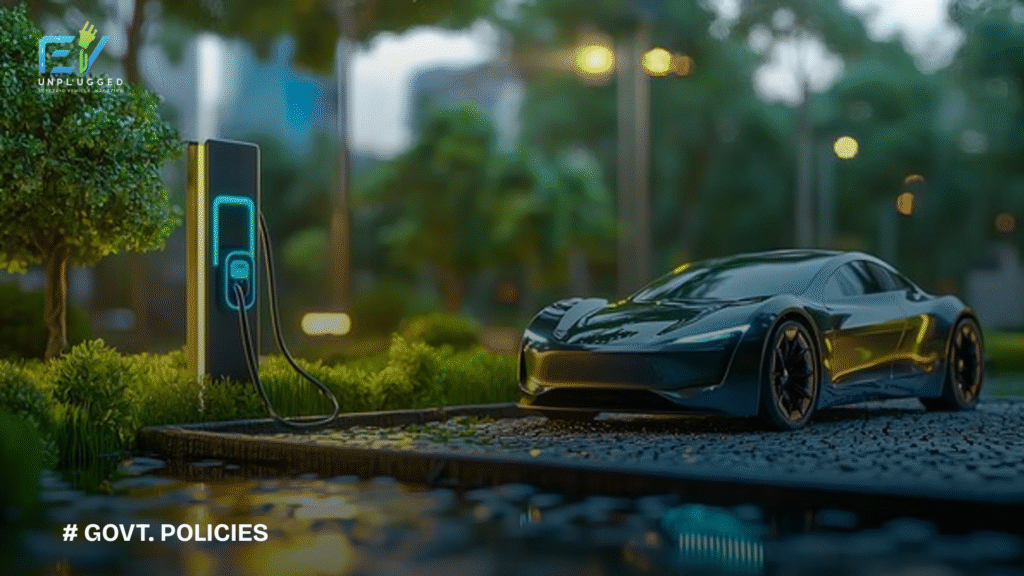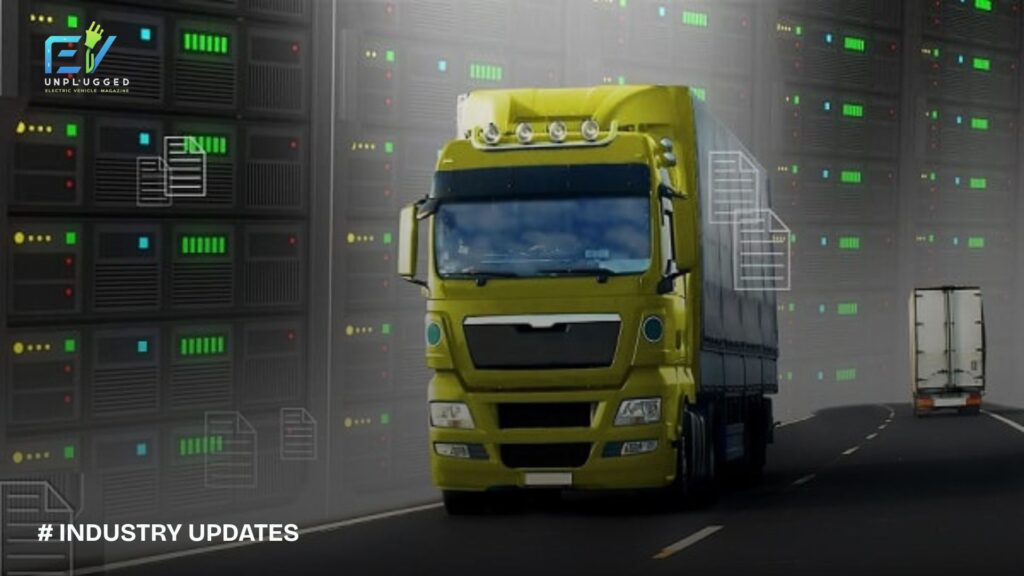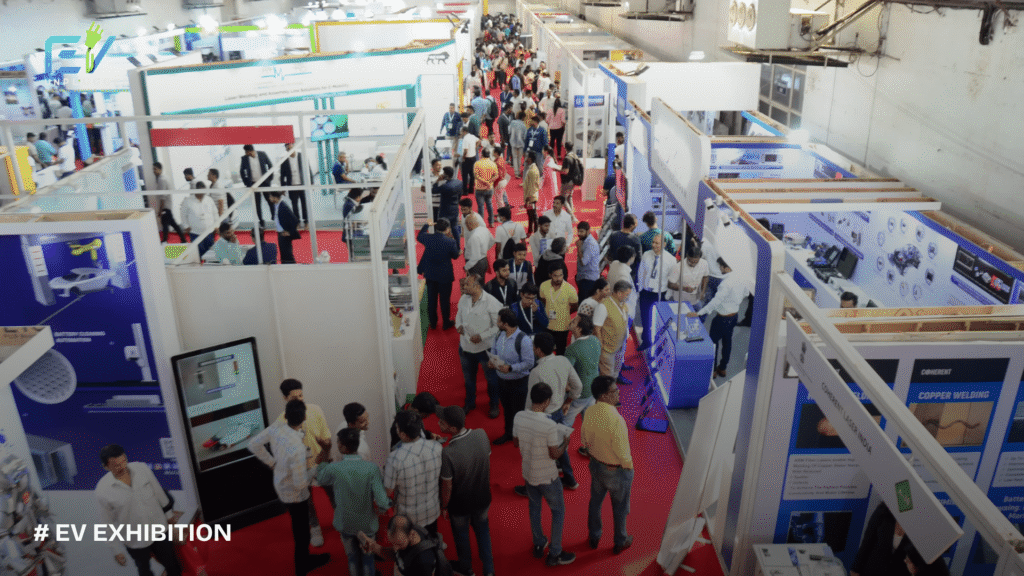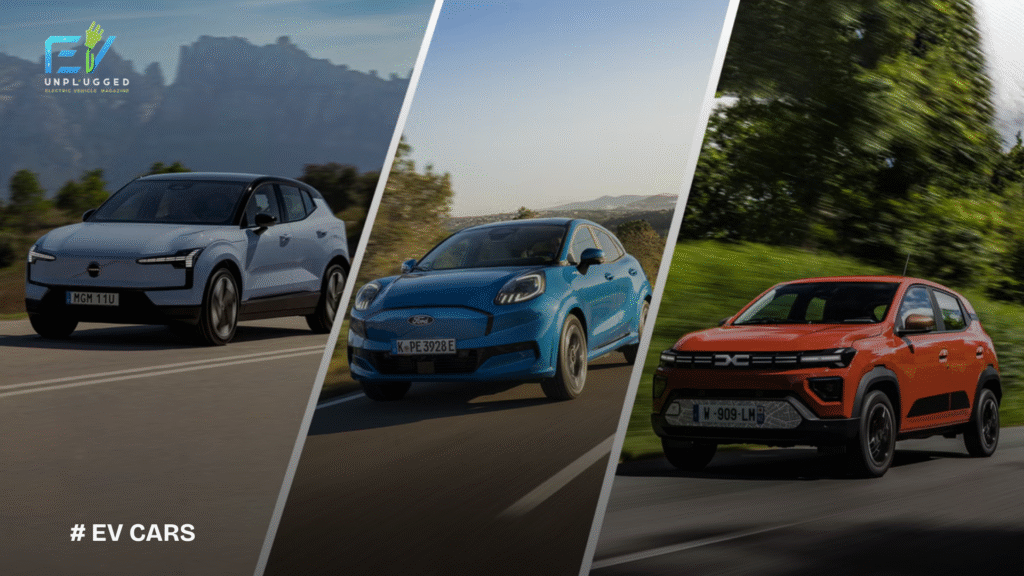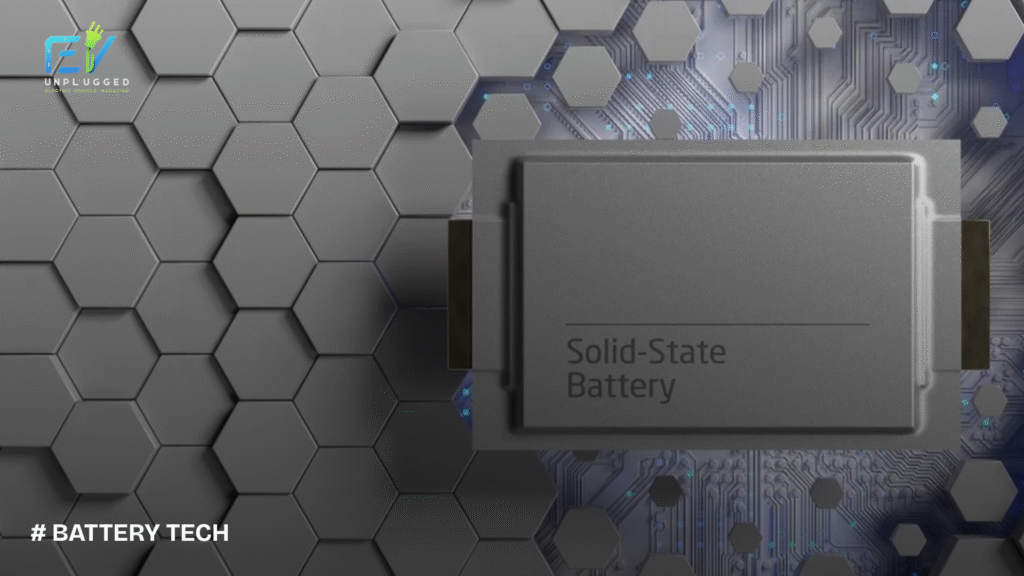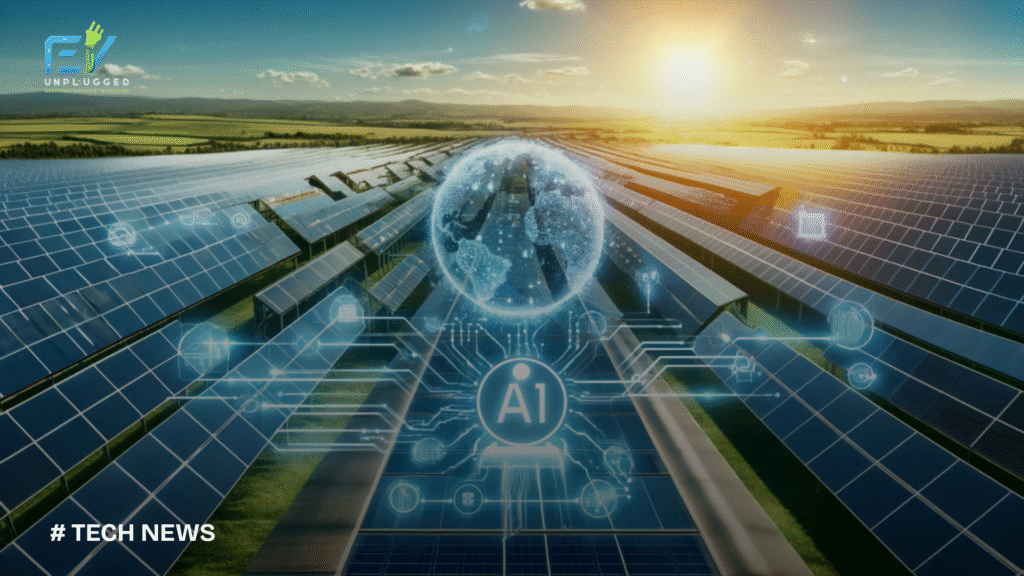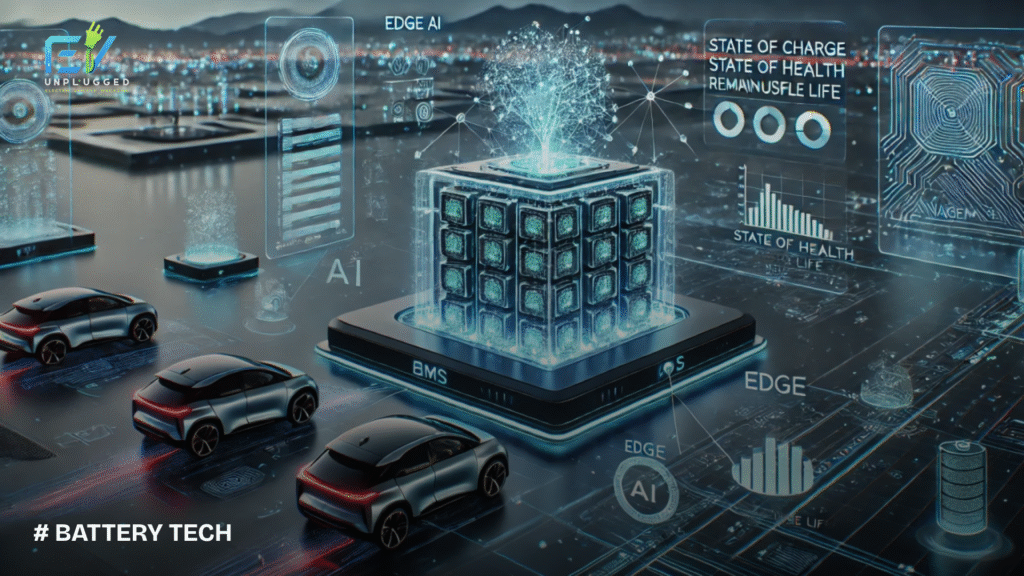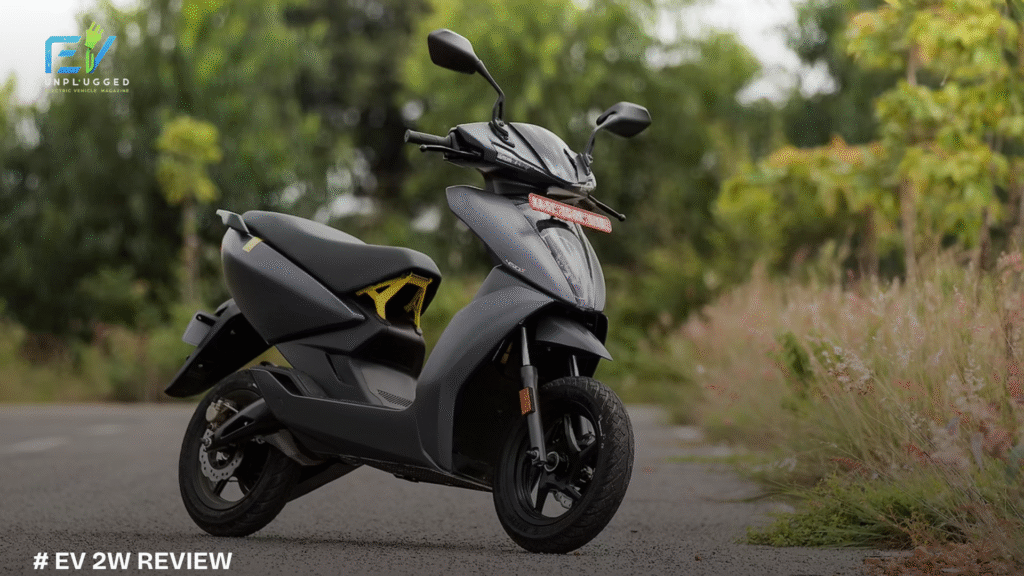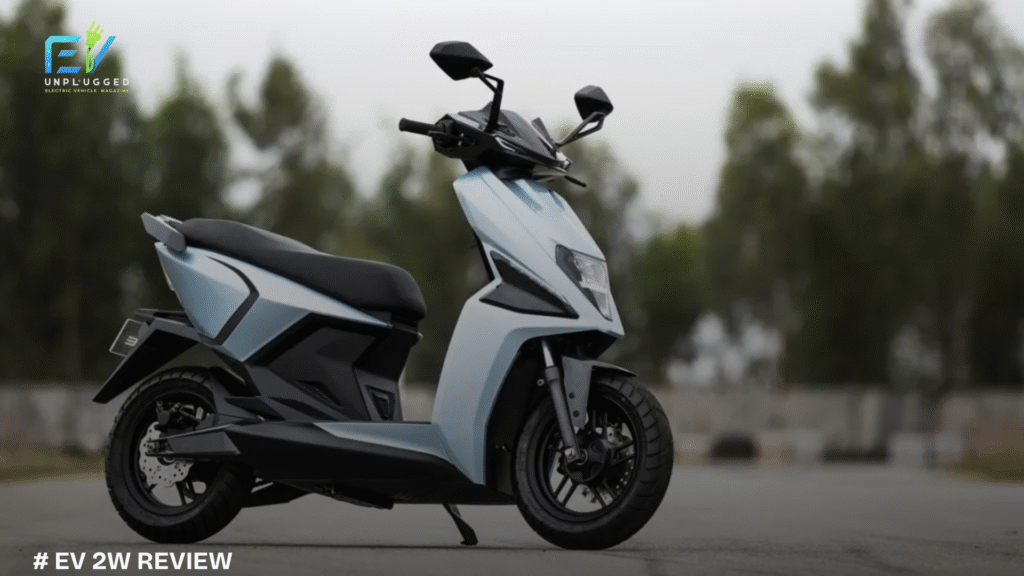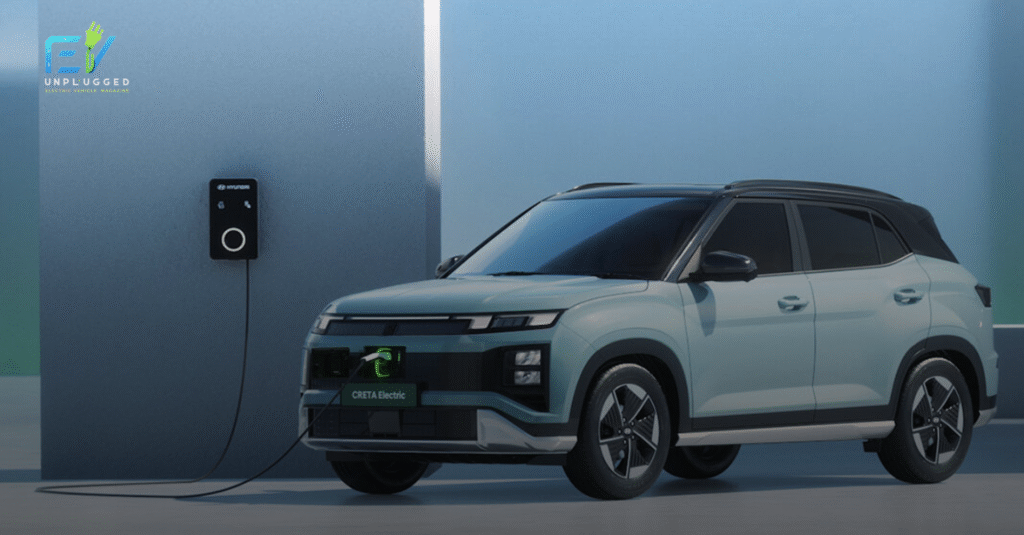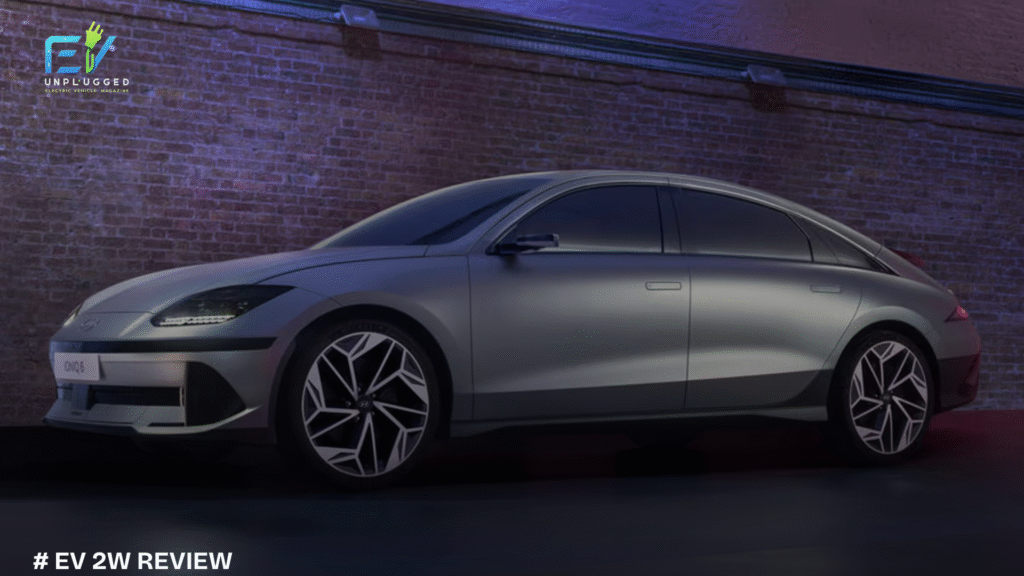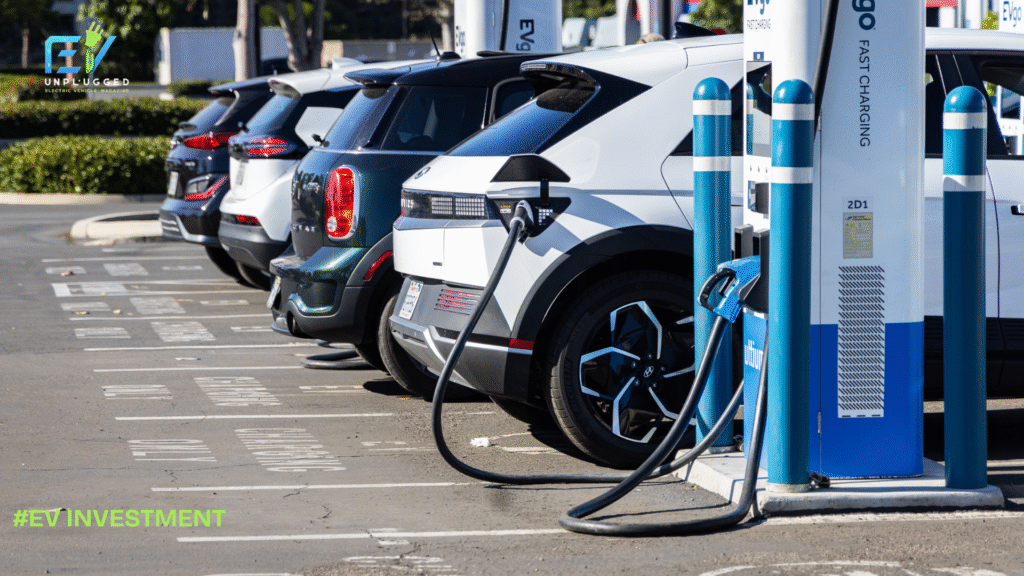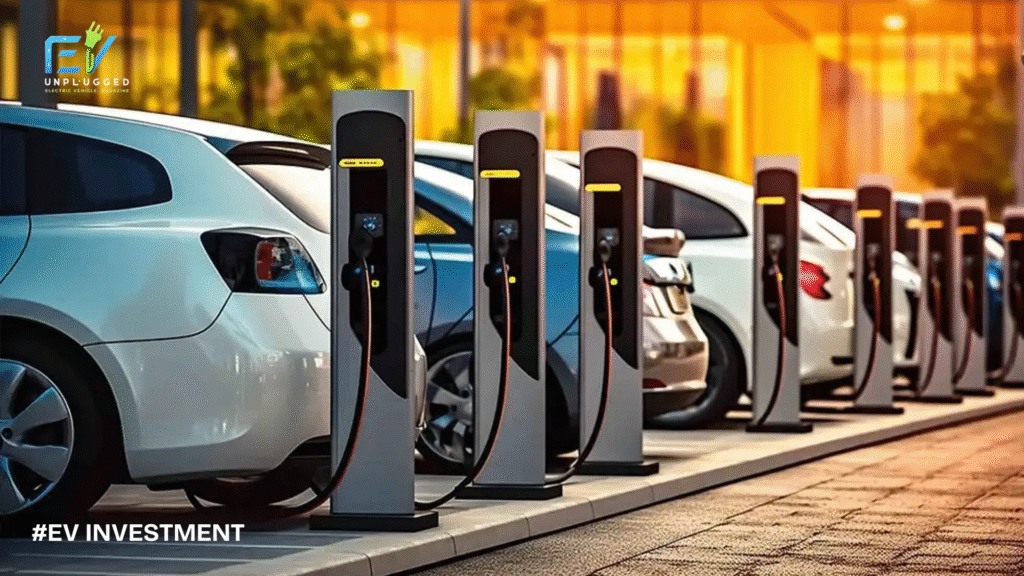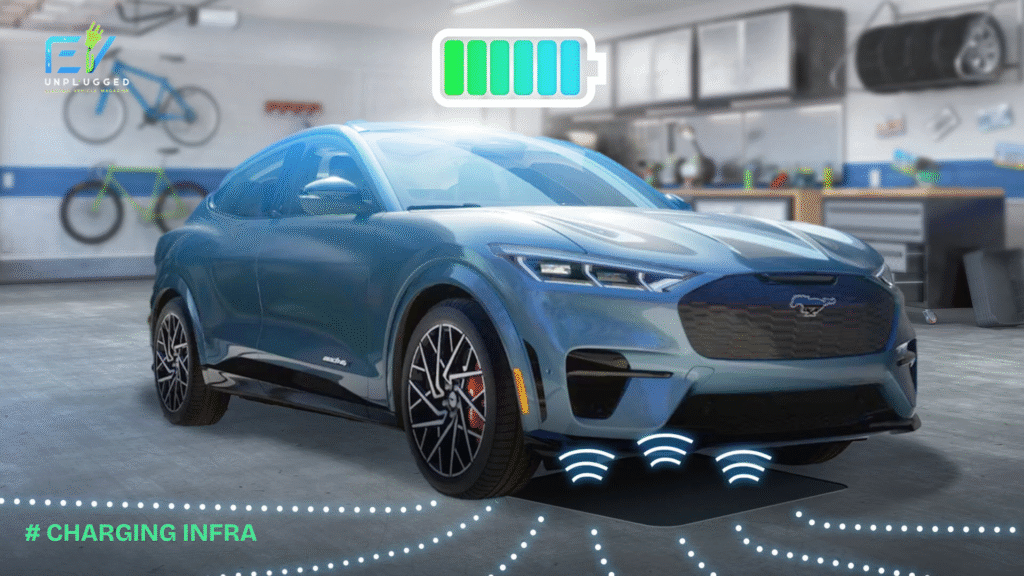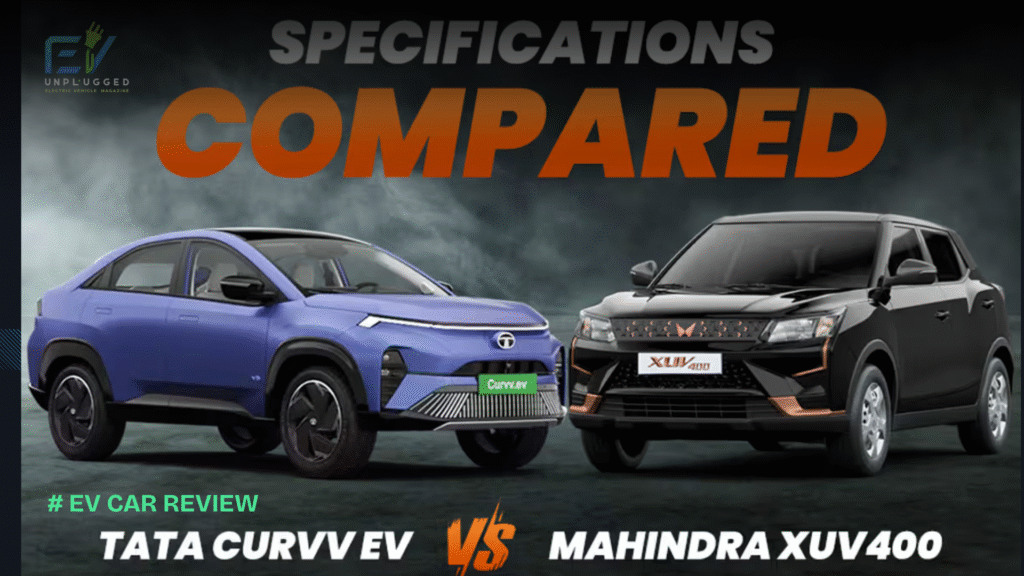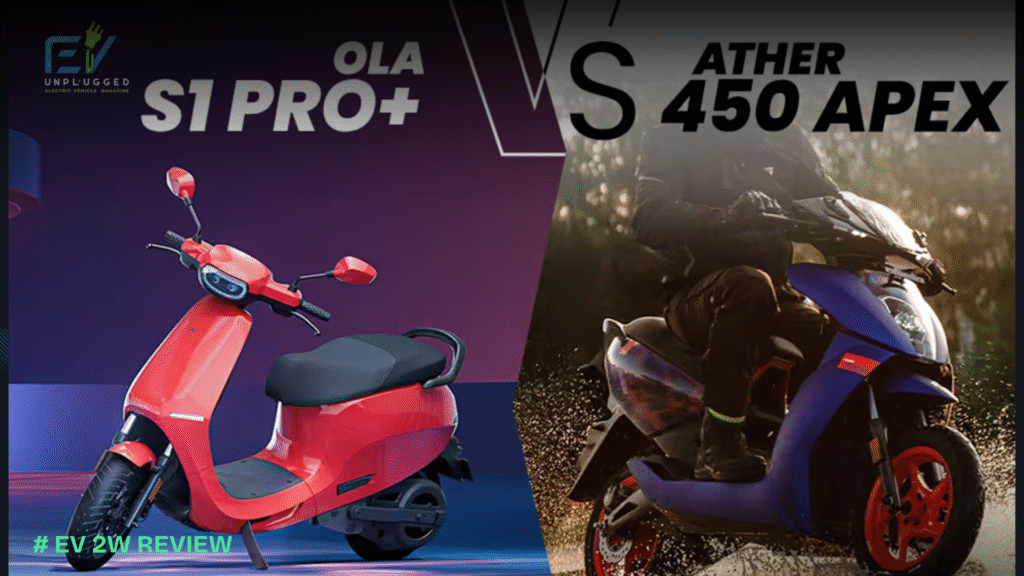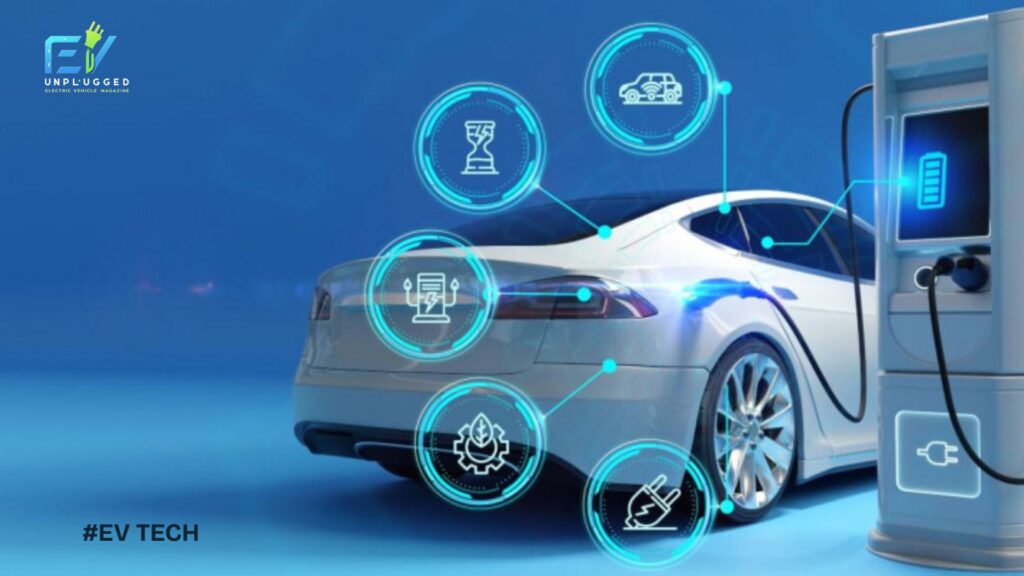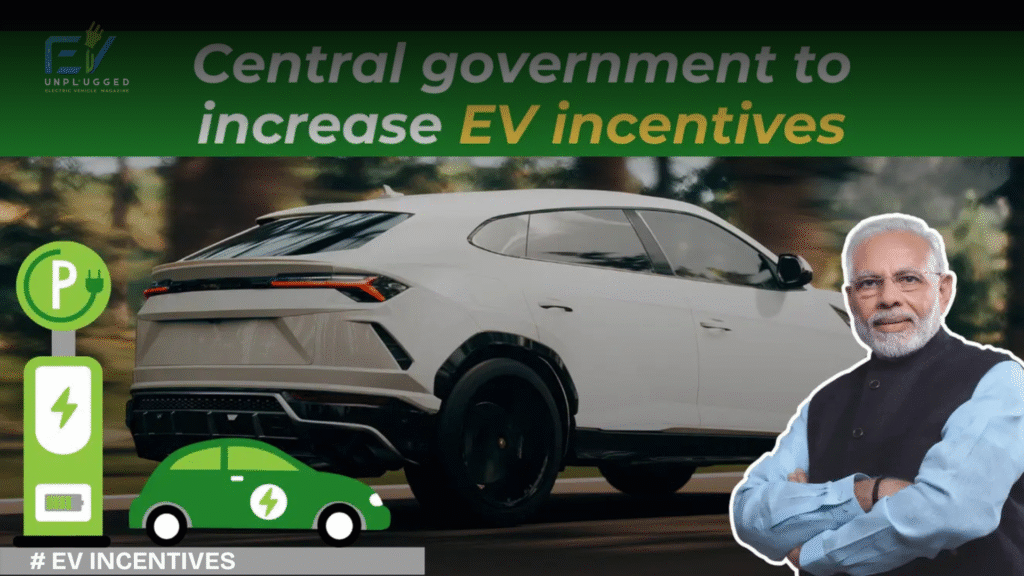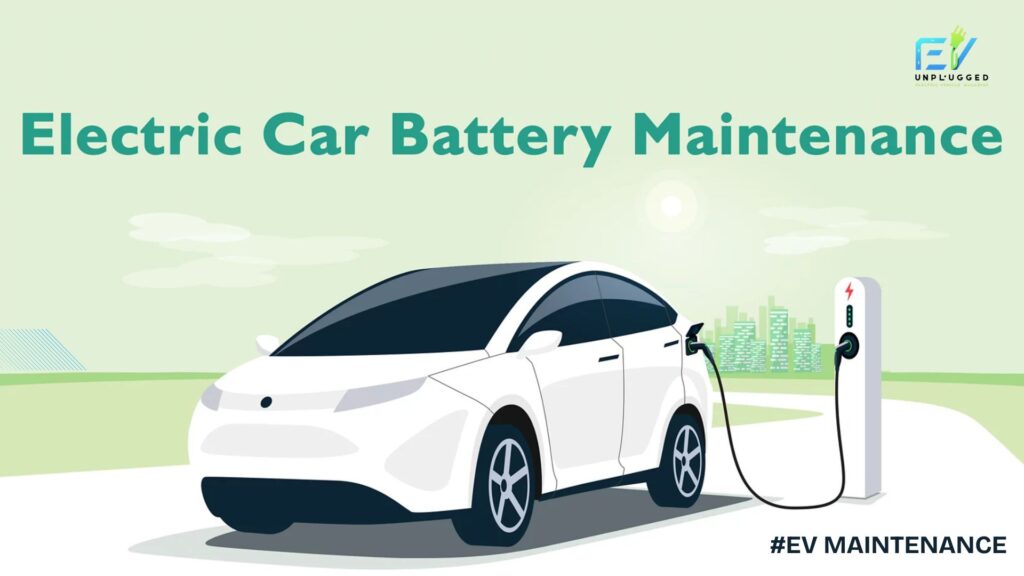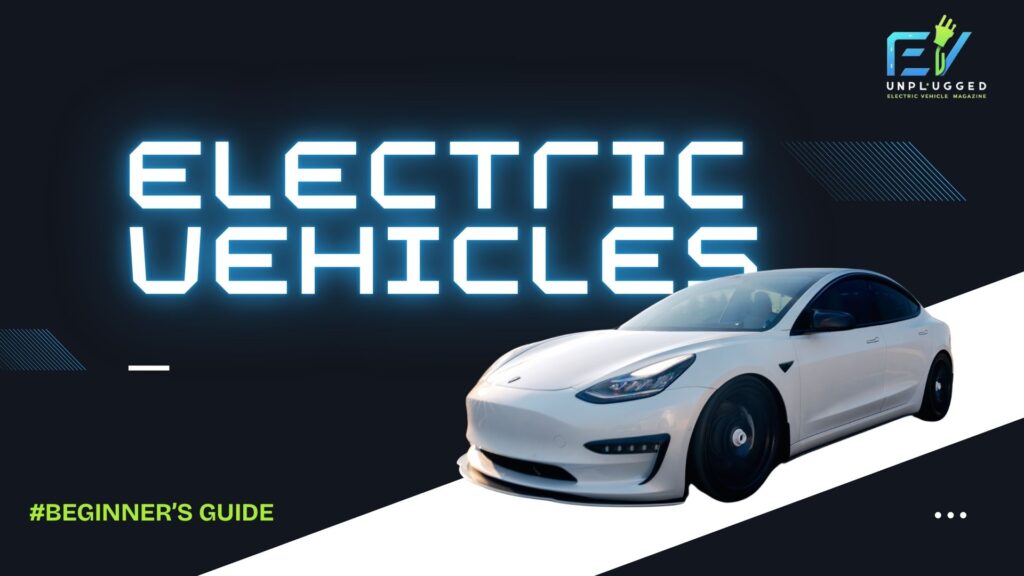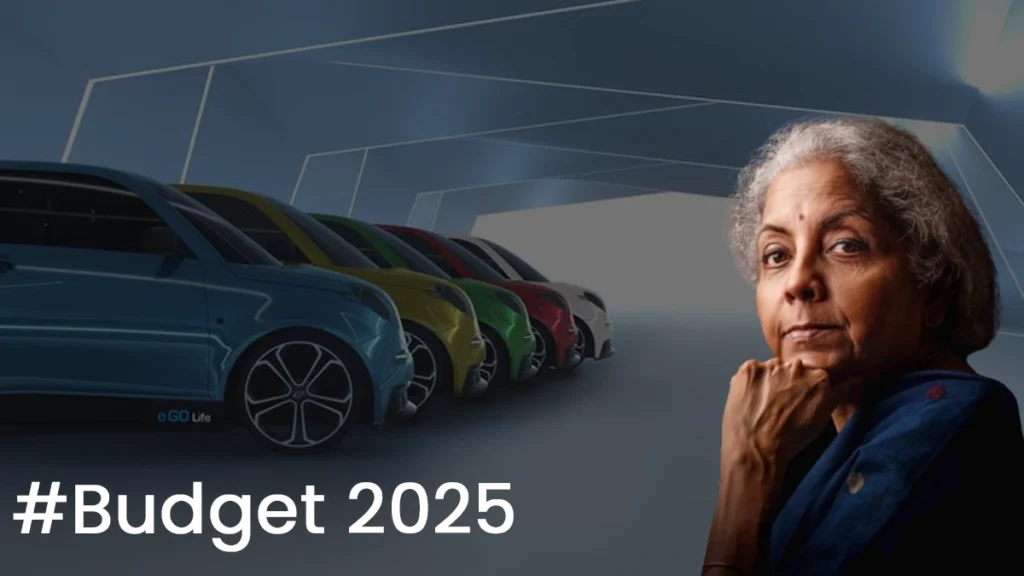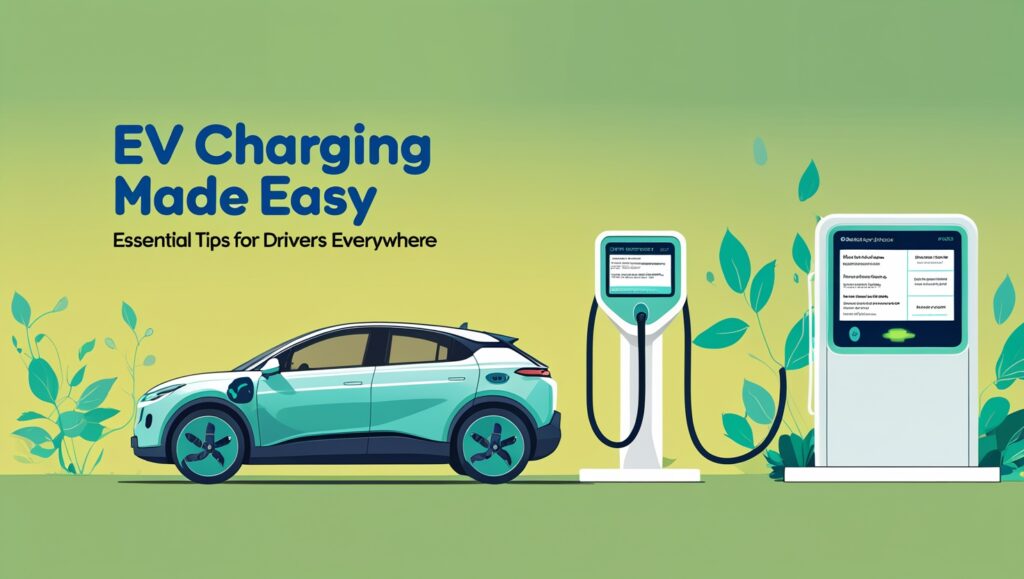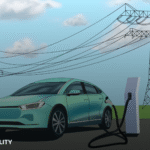Top 5 Trends Shaping the EV Industry in 2025
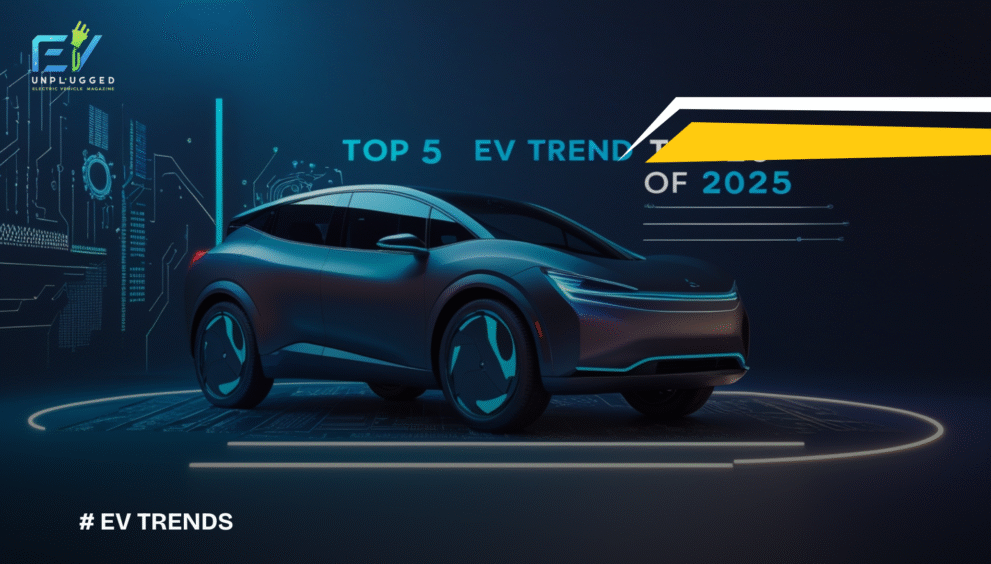
The global electric vehicle (EV) industry is experiencing rapid transformation, driven by technological advancements, regulatory changes, and expanding infrastructure. In 2025, several key trends are poised to redefine the EV landscape, impacting manufacturers, startups, policymakers, and consumers alike. India, with its ambitious EV targets and supportive policies, stands at the forefront of this evolution.
1.Solid-State Battery Breakthroughs
Solid-state batteries (SSBs) are emerging as a game-changer in EV technology. Unlike traditional lithium-ion batteries, SSBs use solid electrolytes, offering higher energy density, faster charging, and improved safety. Companies like Toyota are advancing their SSB development, targeting commercial production by 2027–2028. These batteries are expected to deliver up to 621 miles of range and achieve 80% charging in just 10 minutes.
In India, the government’s Production Linked Incentive (PLI) scheme for Advanced Chemistry Cell (ACC) battery storage aims to boost domestic manufacturing of next-generation batteries. This initiative is crucial for reducing reliance on imports and positioning India as a global hub for battery production.
2.Expansion of Fast Charging Networks
The proliferation of ultra-fast EV chargers is addressing range anxiety and facilitating long-distance travel. In India, Tata.ev has launched its first 10 high-speed MegaChargers across major highways, in collaboration with ChargeZone and Statiq. These chargers are part of a broader strategy to expand EV infrastructure, with a goal of reaching 400,000 charging points by 2027.
Government initiatives like the FAME-II scheme and the PM E-Drive program are providing financial incentives for setting up charging stations. Additionally, the Delhi government’s plan to establish EV charging stations every five kilometers along major roads aims to enhance accessibility and promote EV adoption.
3.AI & Connected Technology in EVs
Artificial Intelligence (AI) and Internet of Things (IoT) technologies are revolutionizing the EV experience. AI-powered battery management systems can extend EV range by up to 10% through adaptive charging strategies. Predictive maintenance, enabled by AI, allows for real-time vehicle diagnostics, reducing downtime and maintenance costs.
Moreover, the integration of Level 2 autonomy features, such as adaptive cruise control and lane-keeping assistance, is becoming standard in new EV models. These advancements not only enhance safety but also improve overall driving experience.
4.Policy Push and Regulatory Compliance
Regulatory frameworks are increasingly influencing EV manufacturing and adoption. The European Union’s Carbon Border Adjustment Mechanism (CBAM) mandates carbon pricing on imports, affecting Indian EV exporters. Compliance with such regulations is becoming a competitive advantage.
Domestically, India’s Battery Waste Management Rules, updated in 2025, emphasize Extended Producer Responsibility (EPR) and introduce digital labeling for better traceability. These regulations aim to ensure environmental sustainability and align with global standards.
5.Rise of Two-Wheeler and Commercial EV Adoption
India’s EV market is witnessing significant growth in two-wheelers and commercial vehicles. Legacy manufacturers like TVS Motor and Bajaj Auto have overtaken startups like Ola Electric in market share, leveraging their extensive distribution networks.
In the commercial segment, companies such as Euler Motors and Switch Mobility are leading the adoption of electric buses and delivery vehicles. These developments are crucial for reducing urban pollution and achieving India’s target of 30% EV penetration by 2030.
Bonus: Circular Economy & Battery Recycling
The emphasis on sustainability is driving the adoption of circular economy principles in the EV sector. India’s Battery Waste Management Rules, 2025, focus on battery recycling and reuse, ensuring that end-of-life batteries are managed responsibly. This approach not only mitigates environmental risks but also recovers valuable materials for reuse.
Conclusion
The EV industry in 2025 is characterized by rapid technological advancements, supportive policies, and a shift towards sustainable practices. For stakeholders across the spectrum—OEMs, startups, policymakers, and consumers—staying abreast of these trends is essential for navigating the evolving landscape.

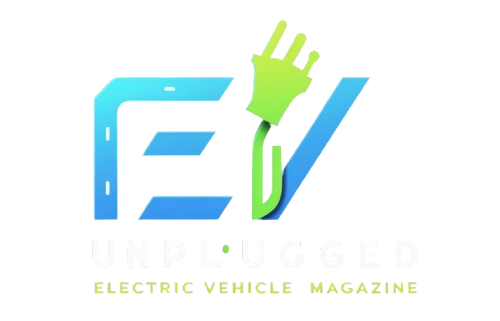
 English
English 